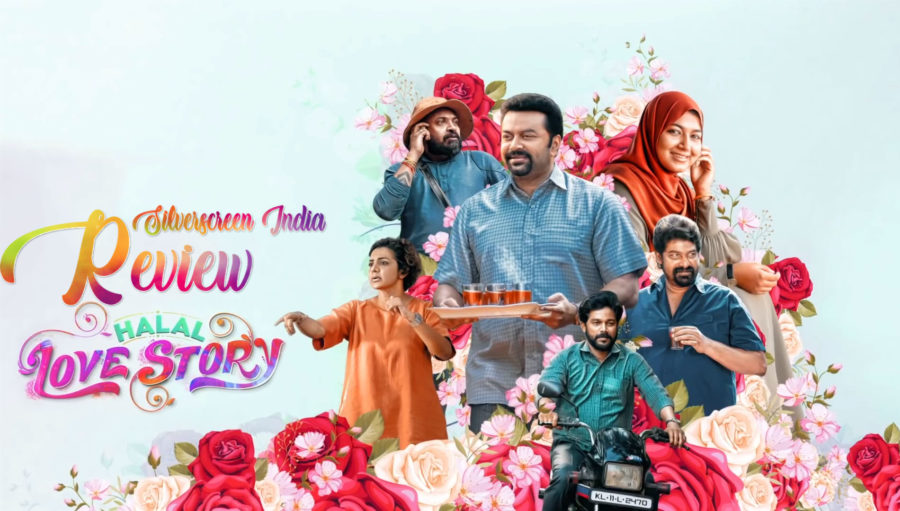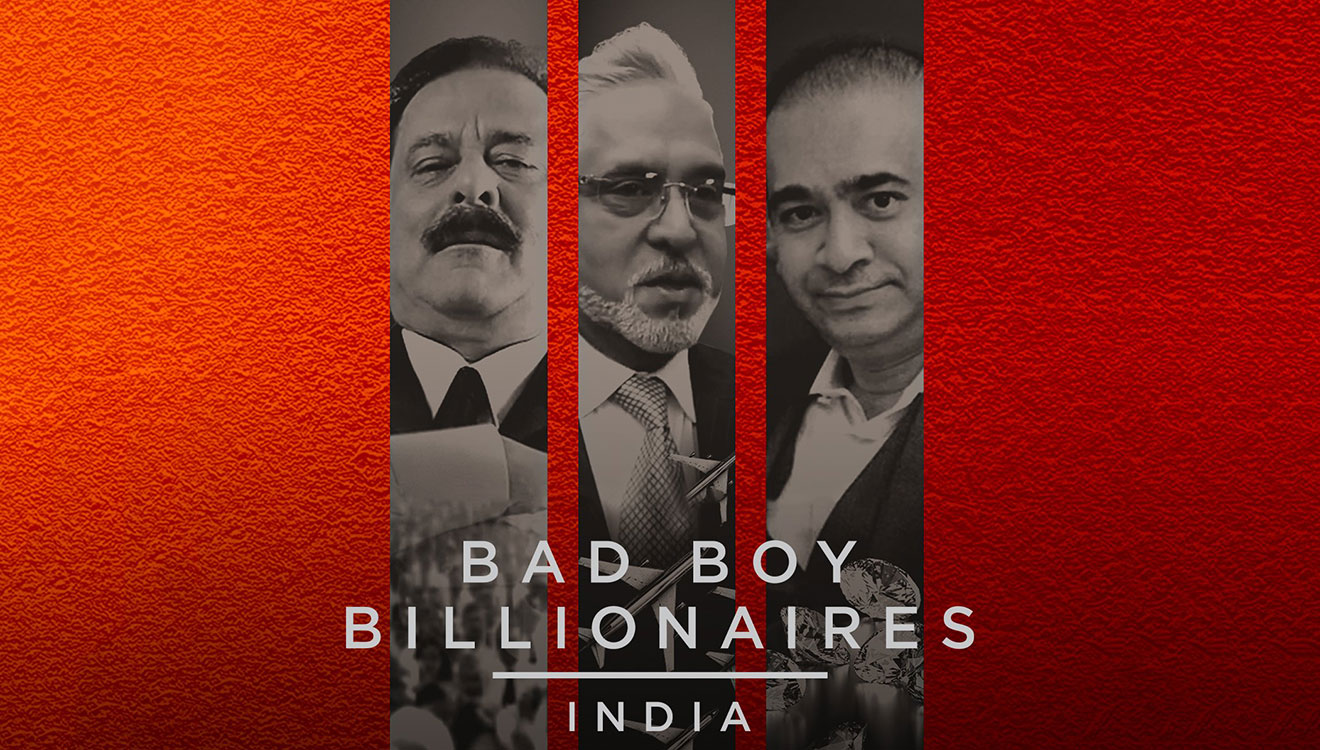In Halal Love Story, directed by Zakariya, two genial men from the cultural wing of an Islamist organisation in a North Kerala town decide to venture into filmmaking. They write a screenplay, find a professional crew, and rope in talented people from the village as actors. While making the film, the villagers and the crew run into ethical dilemmas, which were anticipated, and domestic conflicts, which weren’t.
The unusual situation at the centre of the film ﹣an orthodox community, rigidly bound by many religious rules, trying to connect to the mainstream with the help of cinema ﹣makes for some situational humour. Like Zakariya’s debut film Sudani From Nigeria (2018), this one too emphasises on the goodness in people.
The film is set in the early 2000s, after the 9/11 terror attack, during the USA’s strikes in Iraq. The village’s members of the Islamist organisation, caught in the wave of anti-imperialist and anti-capitalist fervour across the world, burn effigies of George Bush, stage street plays against Coco-Cola’s groundwater robbery, hold poetry readings where they impassionately declare solidarity with their fellow brethren in the war-torn countries. This display of idealism might come across as silly but it is also endearing.
The placement of the film in this era highlights the practical difficulties in front of Thoufeeq and Sahib. Digitisation is yet to arrive and liberate aspiring filmmakers from the grips of traditional modes of production and distribution. They have to hire Siraj (Joju George), a non-orthodox man who has some experience as an assistant director in the mainstream film industry, to helm the film. The sensibilities of the community often clash with that of Siraj and his team members. Shereef (Indrajith), a local oil mill owner and a street-play artiste, is disheartened to learn that his acting style is too paltry for the taste of a movie audience. At the same time, Suhara (Grace Antony), Shereef’s homemaker wife, turns out to be a natural actor, much to the surprise of her husband and the villagers.
Although Zakariya mentions Children Of Heaven and Cinema Paradiso at the beginning of the film, as a tribute to the medium and the anti-Hollywood world cinema, Halal Love Story is really an ode to Malabar’s Home Cinema, the micro-genre of films spearheaded by people like Salam Kodiyathur at the beginning of 2000s. These films unearthed drama from the everyday life of the Muslim community in north Kerala which has been subjected to a lot of misrepresentation in popular Malayalam cinema. Despite the old-fashioned themes and amateur making, these films constitute something radical ﹣ which might be lost to an outsider’s eye ﹣for they navigate the ambiguous realm between “heaven and hell”, ethical and unethical.
Islam is yet to decide whether cinema is amoral or something believers could make peace with. Thoufeeq and his people, happily bound by the rules of the religion while nurturing artistic ambitions, are treading a path laden with many “risks”.
The instances of moral transgression in Halal Love Story are minute. Invisible, if you aren’t paying good attention. When Suhara is asked to appear in front of the camera unaccompanied, she and Shereef discuss in private the ethical conundrum that is involved and her stage fright. When an acting tutor arrives to train the non-professional cast and encourages them to loosen up their body, Thoufeeq whispers to Rafeeq Sahib if it isn’t unethical. The conflicts these characters go through are new to Malayalam cinema and its audience.
However, Zakariya’s film doesn’t flesh out the effect of cinema, the art form, on these characters. You see that an acting workshop helps Suhara open up a little and talk about things that she had never dared to say aloud. But that’s a job anyone could have pulled off by investing a little time and affection. Does the cinema bring the community together or help the characters discover something about themselves or the other?
Unfortunately, no. Cinema acts as a passive mediator here, whose only purpose is to take an ordinary marriage story forward.
When Zakariya turns his gaze towards the outsiders, to draw a contrast between them and the orthodox community, he uses a set of prejudices and exaggerations. When Thoufeeq and Sahib go to meet Siraj, he is in a bar. The signboard has ‘Paradise’ written in neon letters. The photographs of all professional actresses that Siraj brings have them in skimpy clothes. Here, Zakariya sees no middle ground between heaven and hell.
The access the film gives the viewers into the Suhara’s surroundings is not uninterrupted or fascinating. It is as rigidly designed as the semi-telefilm Siraj is forced to direct. If Sudani From Nigeria had a great sense of life spread all over it, Halal Love Story, in many parts, resembles a weakly directed theatre. Images and characterisations are flat. If Sudani From Nigeria’s biggest strength was its delicious mise en scene that revealed to the audience the film’s universe in its minute details, here you have long-drawn dialogues that fill the audience up with backstories, context and inner turmoils of the characters.
Parvathy plays Haseena, an acting tutor who announces to her pupils that one has to fight and abandon one’s personal idiosyncrasies to be an actor. However, those who are familiar with the actor’s now-famous off-screen persona would know that Haseena is Parvathy herself.
Recommended
Indrajith Sukumaran and Joju George do a decent job in their patchily-written roles while Grace Antony proves it yet again that she is a fantastic talent. Look at her shiver when Siraj screams “Action!” and walk awkwardly into the frame. She is gracefully ungraceful, adorably silly.
If Sudani From Nigeria didn’t need a stellar line of popular stars to make a mark, Halal Love Story manages to walk, only thanks to its professional cast.
Halal Love Story is streaming on Amazon Prime Video.
The Halal Love Story review is a Silverscreen India original article. It was not paid for or commissioned by anyone associated with the film. Silverscreenindia.com and its writers do not have any commercial relationship with movies that are reviewed on the site.



